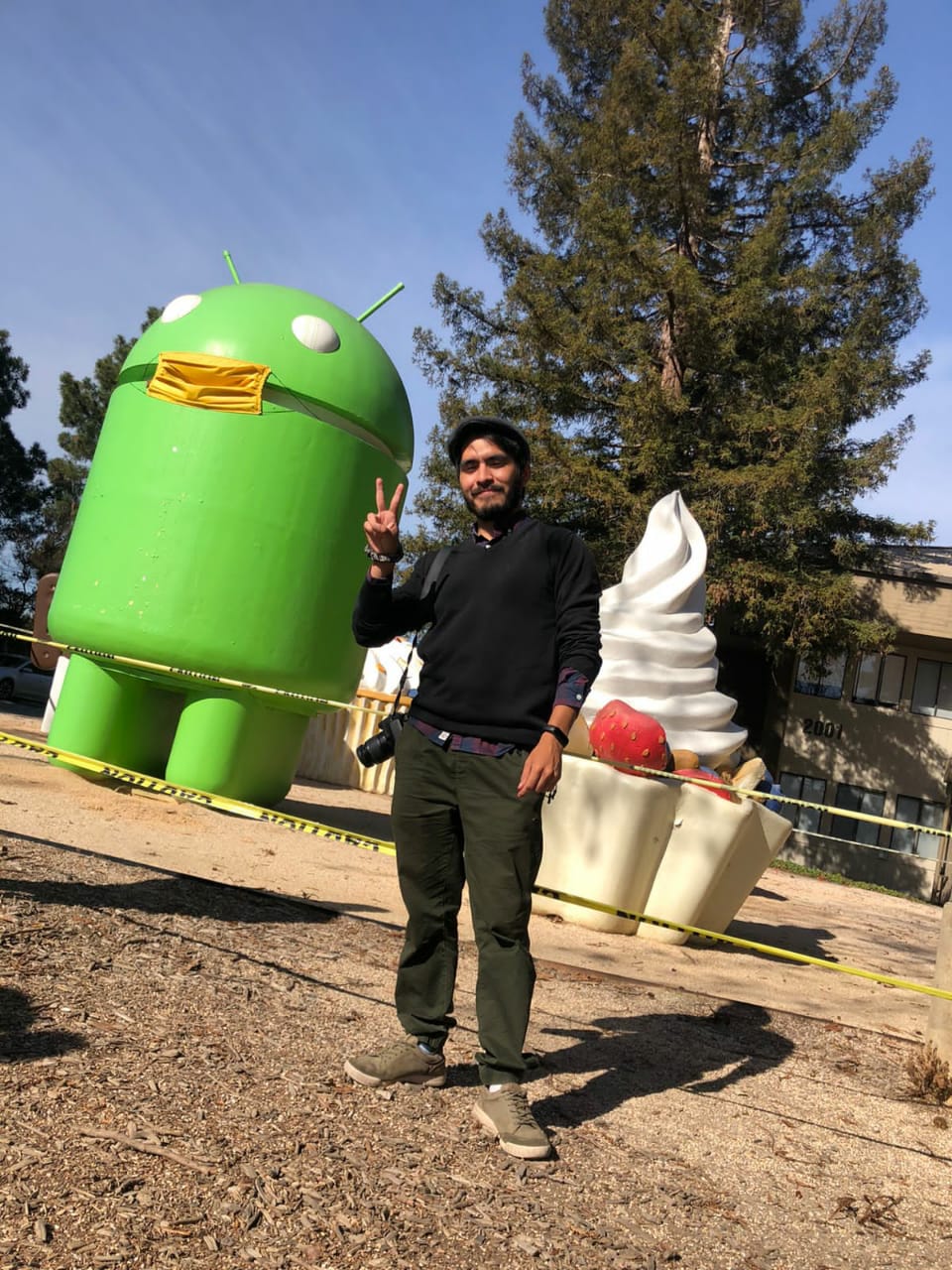Fast-forward to today, I’ve founded multiple AI-driven startups, raised over $20M USD in capital, and worked with teams across Latin America, the U.S., and Europe. My companies — VC Technologies and Token-North Analytics — focus on applying artificial intelligence to two areas I care deeply about: education and sports.
Along the way, I’ve also become a mentor for early-stage founders through Seedstars, helping entrepreneurs navigate the same uncertain road I once faced. Here are some of the lessons I’ve learned building companies and guiding others on their journey.

1. Start Before You’re Ready
One of the biggest myths in entrepreneurship is that you should wait until the timing is perfect and the product is flawless. The truth? If you wait for those conditions, you’ll never launch.
When I began my first venture, I had no brand identity, no polished product, and certainly no perfect roadmap. But what I did have was momentum — and momentum is the most valuable currency in entrepreneurship.
I remember our first prototype: far from polished, but good enough to test with real users. Those early conversations with customers shaped our roadmap more than any business plan ever could. They showed us where the real value was and where we were wasting effort.
Starting before you’re ready forces you to adapt in real time, make quick decisions, and build resilience. These skills become critical later, especially when the market shifts or unexpected challenges arise.
2. Building AI Products That Actually Solve Problems
AI is one of the most exciting and overhyped areas in tech. The temptation is to build something because it’s technically impressive. But innovation without a real-world application rarely sticks.
In education, this meant designing AI tools that worked in classrooms without requiring weeks of training. Teachers are busy; if your solution adds complexity, it won’t be adopted. We focused on making AI-powered insights accessible, even for those with minimal technical experience.
In sports, the challenge was different. Coaches and athletes already have established routines. Any technology that disrupts those routines too much risks being ignored. We built systems that could integrate seamlessly into training sessions, providing real-time insights without slowing the process.
One key principle guided us: Technology should disappear into the background so the solution can shine. The less our users noticed the technology, the more they trusted and used it.
3. The Power of Iteration
We learned early on that the best products are not born in a lab — they’re shaped in the field. This meant running pilot programs in schools and sports clubs, gathering direct feedback, and making adjustments quickly.
A feature that seemed “must-have” in our design meetings was sometimes irrelevant to our users. Conversely, a small detail we almost overlooked became a game-changer. That’s why we embraced short development cycles, continuous testing, and honest conversations with users.
Iteration wasn’t just about improving the product; it was about building relationships with the people we served. They became part of the process, and in many cases, our best advocates.
4. Fundraising Is About Trust, Not Just Numbers
Over the years, I’ve raised more than $20M USD across different ventures. While strong financials and projections matter, what truly closes funding rounds is trust.
Investors need to believe in you as a leader — in your ability to adapt, to build a team, and to execute under pressure. They’re not just investing in a business plan; they’re investing in a person and a story.
Storytelling is an underrated skill in fundraising. A great pitch connects the dots between your vision, your product, your traction, and your future. In one funding round, what sealed the deal wasn’t just our growth metrics, but stories from real users whose lives were changed by our solution. Numbers made them pay attention; stories made them believe.
5. What I Tell Every Founder I Mentor
Mentoring early-stage founders has been one of the most rewarding parts of my journey. Through Seedstars and other networks, I’ve worked with entrepreneurs from diverse industries and backgrounds. Despite their differences, the ones who succeed share common traits:
- Clarity — They can explain their product and value proposition in a single sentence.
- Speed — They move fast, test ideas quickly, and adjust without getting stuck in perfectionism.
- Focus — They measure success not just in revenue, but in learning, customer engagement, and problem-solving.
When I first meet a founder, I ask them three questions:
- Who are you solving this for?
- What’s the smallest version of your idea you can test today?
- How will you know if it’s working?
If they can answer clearly, I know they’re on the right track. If not, we work together to find that clarity.
6. Redefining Success
In startup culture, we often define success by funding rounds, valuations, and growth metrics. But those are just surface-level indicators. For me, success is when a student reenters the education system after years away because of our platform. It’s when an athlete improves performance and avoids injury thanks to our AI insights.
Impact at the human level matters more than any press release. And sustaining that impact requires building strong communities — networks of mentors, peers, partners, and advocates who believe in your mission.
7. Giving Back Through Mentorship
Mentorship isn’t just about giving advice; it’s about opening doors, making connections, and helping others avoid the mistakes you’ve made. I mentor because I know how valuable it was to have someone in my corner when I was starting out.
It also keeps me sharp. Every founder I work with challenges me to think differently, question assumptions, and learn about industries I might never have explored otherwise.
Final Thought
Whether you’re a first-time founder or a seasoned entrepreneur considering your next venture, my advice is simple: start before you’re ready, learn faster than you think you can, and build with purpose.
You don’t need the perfect conditions to make an impact. What you need is the courage to begin, the discipline to keep going, and the humility to learn from everyone around you. The rest, you’ll figure out along the way.
Author Bio Luis Andrés Villalón Vega is the founder and CEO of VC Technologies and Token-North Analytics, AI-driven startups in education and sports. A Forbes 30 Under 30 Chile 2025 honoree, he has raised over $20M USD in startup capital and mentors early-stage founders through Seedstars.







